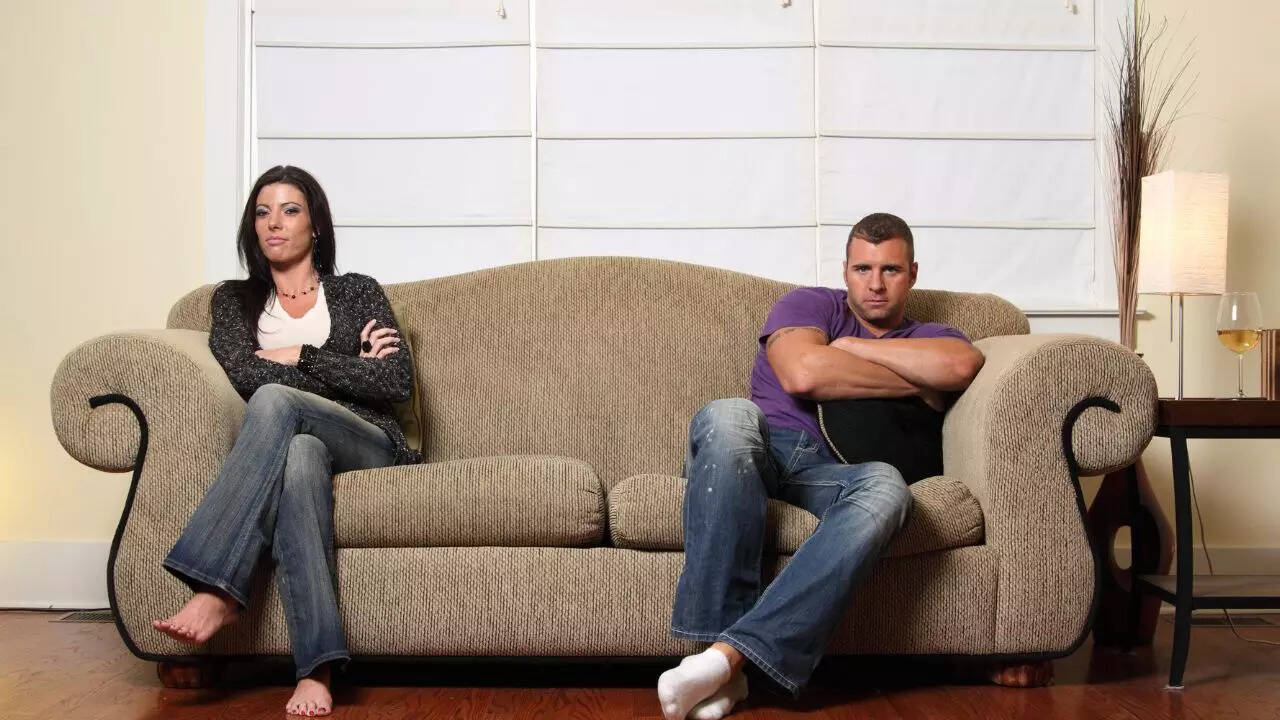First discovered in Germany in June, the variant is a hybrid of previously discovered omicron subvariants – KS.1.1 and KP.3.3.
KS.1.1 is one of the FLiRT variants that are among the strains driving the number of Covid cases in many parts of the world.XEC might have an advantage from its unusual T22N mutation, in combination with the FLuQE mutations,as per experts.FLuQE (KP.3) is a direct descendant of FLiRT, which means it carries the same mutations as the FLiRT variants, with just an additional amino acid change in the spike protein, Q493E.
“At this juncture, the XEC variant appears to be the most likely one to get legs next,” said Eric Topol, director of the Scripps Research Translational Institute in La Jolla, in a post on X. Experts have predicted last month that in a few weeks or months time, the variant will take charge and spread more rapidly.
More about the sub-variants that make the recombinant strain
KS.1.1: A part of FliRT variant, it has mutations in the building block molecules phenylalanine (F) altered to leucine (L), and arginine (R) to threonine (T) on the spike protein that the virus uses to attach to human cells.
KP.3.3: This is a type of FLuQE variant, where the amino acid glutamine (Q) is mutated to glutamic acid (E) on the spike protein, making it more efficient in binding to human cells.
Symptoms of Covid XEC variant
XEC symptoms resemble that of previous Omicron variants and include fever, sore throat, loss of smell, cough, loss of appetite, and body aches.
Other symptoms may include shortness of breath, muscle aches, headache, sore throat, congestion, runny nose, nausea, vomiting, diarrhea, as per health experts.
The FLirT variants that basically belong to Omicron lineage lead to milder symptoms compared to Covid’s original variant. The symptoms associated with FLirT variants are similar to those of JN.1 and can manifest between two to 14 days after exposure.
Will vaccines help contain the spread?
The new variant is part of the omicron lineage and experts advise taking vaccines and booster shots to get protection against severe illness and hospitalisation.
Monkeypox infection: When to seek medical help






